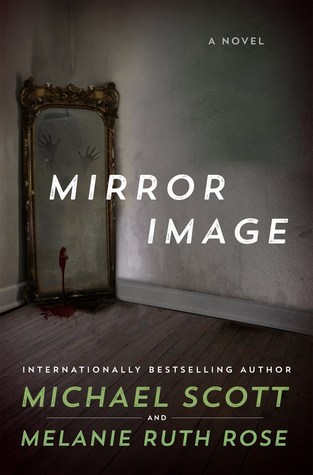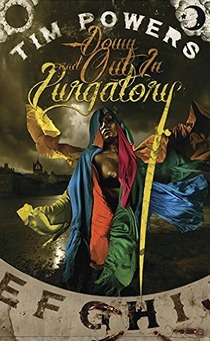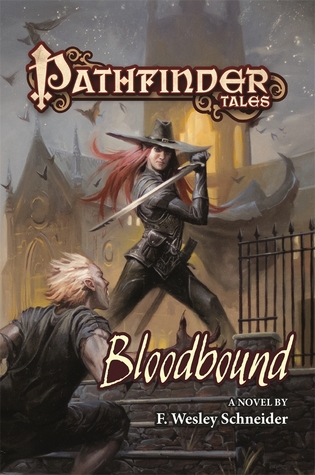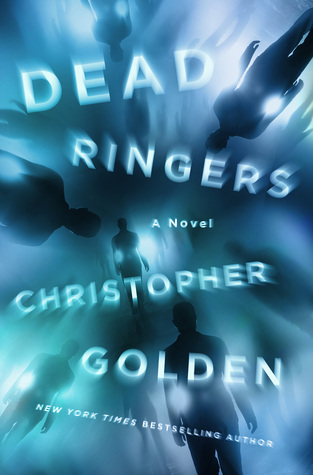We all know, if you want creepy things, you have to hit the auction houses, right? Where old, dirty, dingy, creepy finds lurk in the shadows waiting for bids. OK. Typically it is just antique or faux-antique objects, but hey, this is a horror book, and so there have to be horrors to be found. An auction house sounds like a great place to uncover something that would be better not found. Our protagonist frequents auction houses as he took his family’s antique business and evolved it into a very successful interiors business for high end clientele in Los Angeles. Seeing as there’s more history and antiques across the pond, he makes a yearly trip to auction houses there to find those unique and interesting pieces that he can fix up and sell for a considerable mark up. In a small auction house, his last stop in London, he happens upon a huge mirror. The frame is unremarkable but the glass is quite old and valuable. He instantly is drawn to it and has to have it. After winning the auction, he returns to Los Angeles and remains drawn to this mirror in a peculiar way. He also becomes frightened as suddenly mysterious, sometimes violent,…
Surreal, imaginative, and even a bit quirky at times, Down and Out in Purgatory is a strange journey through love and death. The journey through the underworld has been done so many times now that it’s not easy to inject any sort of originality into it, but that’s precisely what Tim Powers does here. It all starts out with a somewhat perplexing trip to the morgue, followed by an even stranger trip off-road to a mobile home out in the middle of the desert. You see, when your entire life has been consumed by hatred for the man who stole (and murdered) the only woman you’ve ever loved, you can’t let something as simple as death stop you from seeking revenge. The mechanics of contacting the afterlife are central to the story, merging low-tech with the old-fashioned occult. As for the afterlife itself, it’s a bleak and depressing landscape, populated by those souls who either aren’t ready or who simply refuse to pass on. There’s some philosophical discussion about what might come next, but this is not a story about Heaven or Hell, salvation or damnation. Instead, it’s all about the revelations to be found in Purgatory. Needless to say,…
I must admit, I cracked the spine on Pathfinder Tales: Bloodbound with no little trepidation. It was to be my first exposure to the Pathfinder universe, and I had no idea what to expect. While I have fond memories of cutting my genre teeth on the old TSR novels, Dragonlance and Forgotten Realms haven’t stood up well over time. That said, I find I actually appreciate their Ravenloft horror/fantasy world more now than I did back then, so entering into the Pathfinder world with vampires and clerics seemed like a good choice. Having closed the book on my first Pathfinder journey, I’m pleased to say F. Wesley Schneider put together a pretty solid novel that incorporates some of the universe’s overall world-building, but which is still accessible to a new reader. I feel like I came out of it understanding at least one corner of the world, and definitely curious to know more. As for the story itself, this is largely a gothic horror story, within the setting and time period of a pseudo-medieval fantasy. There are so many little elements here that make it all work. The settings include including drafty old castles, sprawling places of worship, and an…
This Census-Taker, in its novella length, provides the reader with a glorious and powerful enigma of a story. It is haunting, chilling, disturbing and touching and mesmerizing and absolutely beautiful. I could not stop reading this as I just craved to understand what was going on. It starts with a young boy running faster than he has ever run. Running from some unimaginable horror, and then we find out it involves his parents. The boy has trouble keeping his story straight as he is scared to death, but between this and a lack of evidence, the town dismisses his story and he is sent back to live with a parent that, at least from his perspective, is violent and deranged. Perhaps psychopathic. First, I will be very straight forward, I have only read one other book by Miéville and that was his first novel, King Rat, which I have heard is not indicative of the works he is best known for. So, for this reason I can offer no comparison between this and a typical Miéville book (if there can be a typical, from what I hear unpredictable is a signature). What I can tell you is that this book is not at all…
The concept behind Dead Ringers is definitely a bit creepy and as you get further into the book, there are some seriously haunting scenes. The thought of suddenly coming across another person that is so identical to yourself, to the point that even close family can not tell the difference is strange. I will admit at times something about this tested my willing suspension of disbelief, I think because it happened to a number of characters. But really I think the reason I was not as easily swayed had more to do with the number of central characters. Horror books really rely on the readers emotions for them to be fully effective. The best way to get a very emotional reaction from the reader is to get them to really, really care about the characters. There were more perspectives in this than there tend to be with horror (pretty sure there were 4), and while I understand the need, I do feel like it put a little bit of a barrier for the reader to really get attached to any of them just because the pages were split amongst several people which gives the author less time to form that…





